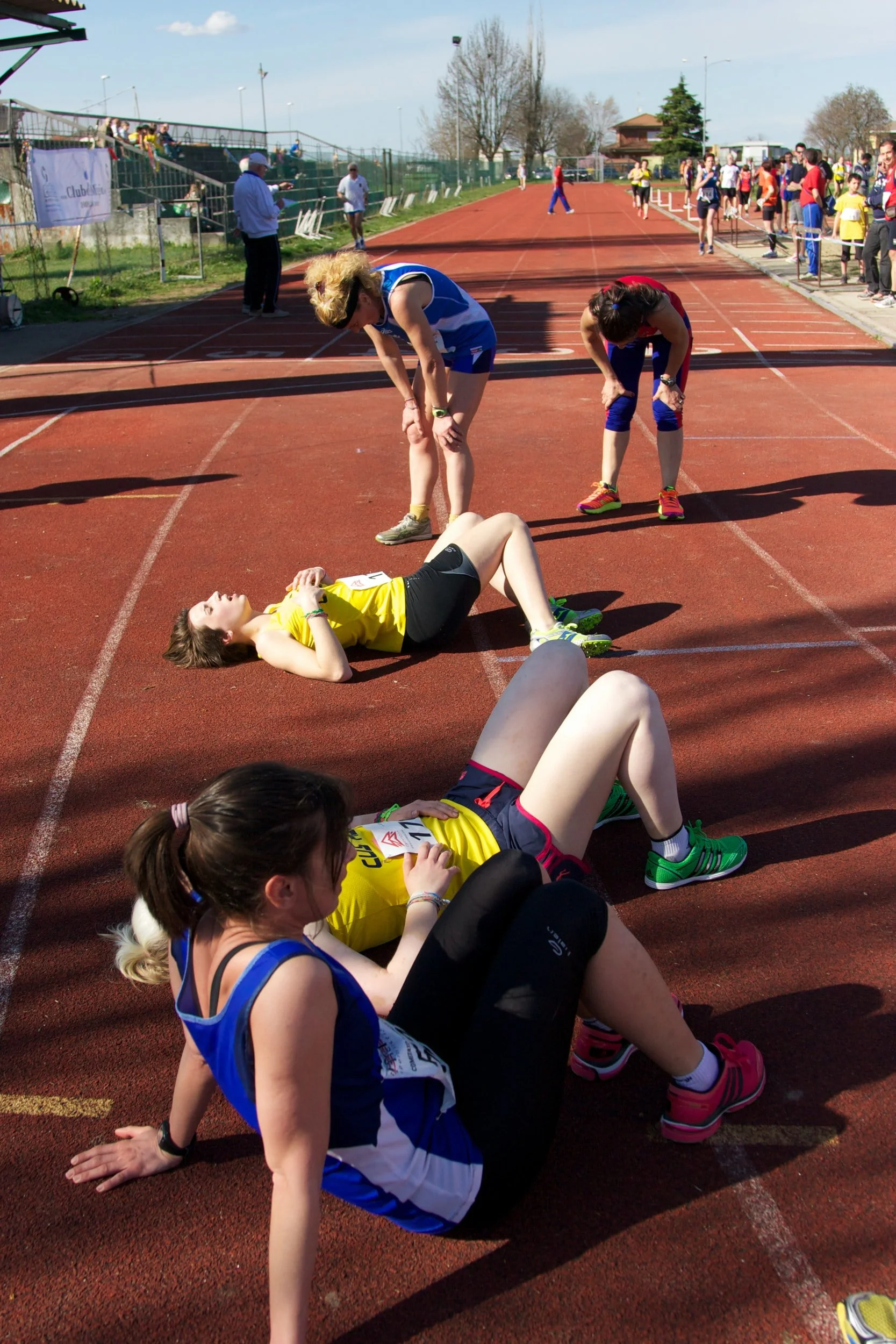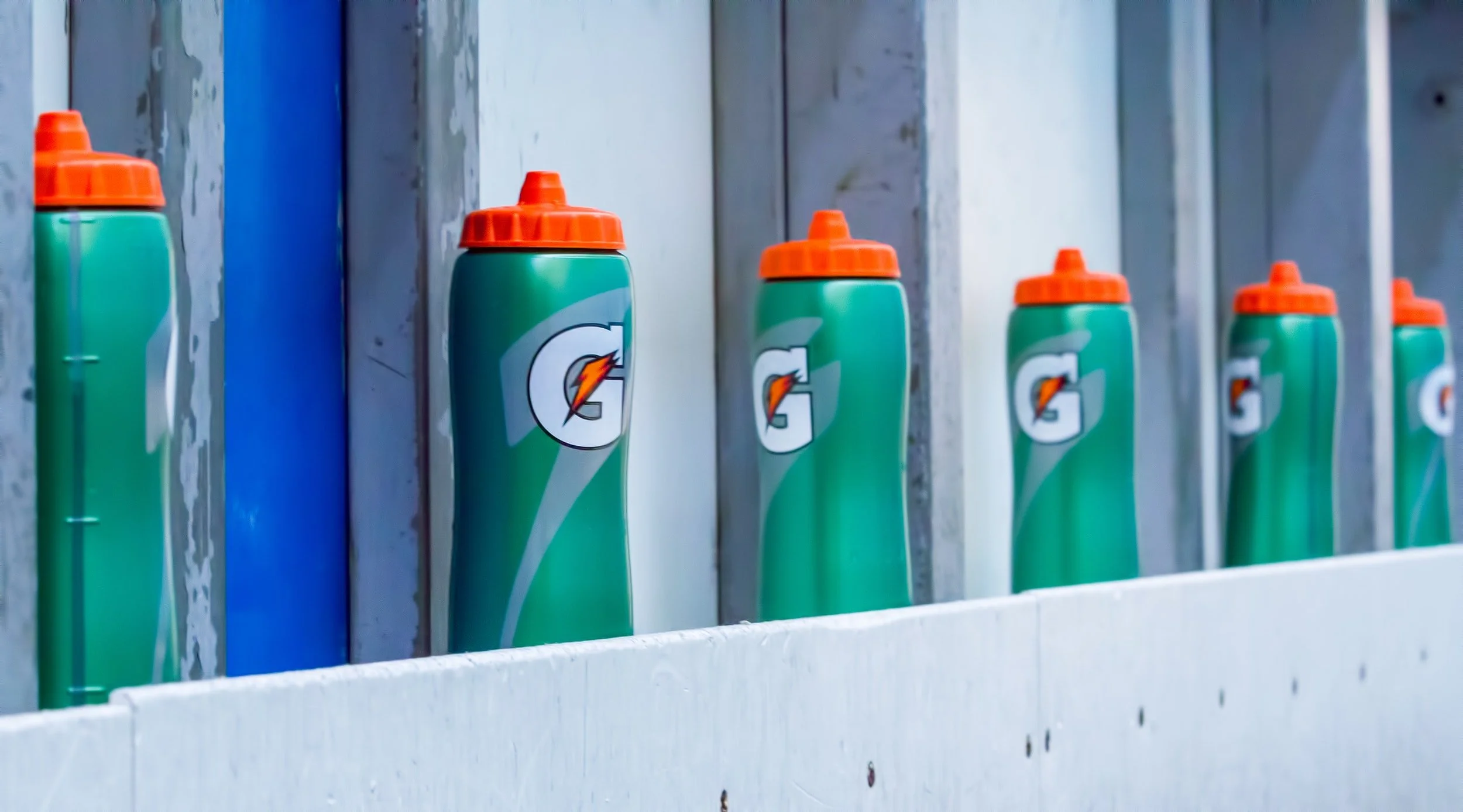Training in extremely hot conditions: What you need to know about dehydration.
As temperatures around the world rise to record breaking levels (reaching 40 degrees celsius for the first time ever in the UK), you might be wondering what the best way to stay hydrated is so that you can continue to practice the sport you love without risking your health.
Let’s face it, when the weather gets so hot, it’s not just about not being able to perform at your best, often times it becomes more serious, and we have to consider what needs to be done to keep an athlete safe.
While ensuring you are getting enough fluids is important, the focus should also be on getting the right kinds of fluids in the right amounts for your body.
This blog will outline the side effects to being dehydrated, even just a little, and what you can do to ensure you stay well hydrated in a safe way so that you aren’t at risk of over-hydrating.
What happens when you’re dehydrated?
When we sweat, we often risk electrolyte imbalance, especially when we exercise for a long time and in extreme heat. Losing only a small amount of body water could have detrimental effects on your body and performance.
The following percentages represent total body water loss and what can happen in each stage:
0.5-2%: Increase strain on heart, reduced aerobic endurance, and impaired thermoregulation
3-4%: Reduced muscular endurance, reduced muscle strength and motor skills and at risk of heat cramps
5-6%: Heat exhaustion, cramping, fatigue, reduced mental capacity, heatstroke and possible coma
Needless to say, you never want to allow your body to lose too much water, and because thirst is not a reliable sign of dehydration, its very important you pick up the symptoms and know what to look out for.
Dehydration can result in reduced muscular endurance, reduced muscle strength and motor skills and can increase risk of heat cramps.
What are some common dehydration symptoms?
Headache
Low blood pressure
Fatigue
Flushing
Dizziness
Rapid heart rate
What about salts?
Ever notice how salty your sweat is? That’s because you’re sweating out salts and other electrolytes. Because of this, its essential that you try to keep your salt levels as stable as possible. Our bodies prefer to keep sodium and other electrolytes in a very tight range of somewhere between 136-145mEq (miliequivalent of solute per liter of solvent).
This means you don’t want to “flush out” any salts from your body by drinking too much water too quickly.
This leads us to the next question…
Is over-hydration a thing?
Yes, absolutely, and athletes in particular are at high risk of this. Hyponatremia (hypo meaning “low” and Na referring sodium) and/or hypokalemia (K referring to potassium) is when our electrolyte levels are low relative to our water levels which can happen when an athlete drinks too much water too quickly.
What are the symptoms to hyponatremia?
It’s important to note that the initial symptoms of hyponatremia can seem similar to dehydration which can often lead to people encouraging more water, but being aware of the likelihood of a sudden drop in salt levels can help prevent serious harm to athletes.
The symptoms to hyponatremia can include:
GI discomfort (nausea and/or vomiting)
headaches
Swollen hands and feet
Confusion
Restlessness
What’s the best way to hydrate without the risk of tanking salt levels?
The best strategy for this is to make sure that (especially on hot days) to have a drink that contains electrolytes so you aren’t at risk of nose-diving your salt levels.
There are various brands of electrolytes out there that offer both carbohydrates and electrolyte which are both needed for performance but if you wanted to opt for a homemade one, you certainly can do that too. Just remember that for every 1 teaspoon of table salt, you get around 2,300mg of sodium.
Sodium makes up about 40% of table salt so factor that in when making your own drinks.
What other nutrients are important during hot training days?
So far, we’ve established the importance of hydration including water, electrolytes, and if you’re a regular reader of mine, you’ll also know how much I talk about carb drinks during training.
The last nutrient I’d like to talk about might seem obvious but surprisingly not many athletes practice this during training sessions, and that’s protein. Ideally you’ll want to be hydrating with protein, carbs and electrolytes especially during long and intense activity.
Each person’s needs will vary depending on their unique bodies, how intense their activities are, how hot it is and how much their bodies can tolerate solutes, since some may experience stomach upset on a high concentration drink.
Here’s a look at the different types of drinks you can have for specific types of training and durations.
Low- concentration, or hypotonic solutions.
These are generally good for hydrating athletes. These are a great starting point for athletes who aren’t used to training with sports recovery drinks. These are best used for most endurance sports that last anywhere between 2-4 hours.
Medium- concentration or isotonic solutions.
Most sports drinks are isotonic as this balance tends to improve performance as well as maintains hydration. These are good for medium duration or high intensity events that last anywhere between 1-2 hours.
High concentration or hypertonic.
These normally provide carbs to optimise performance and recovery and also replenish any lost fuel. These are great as a post training recovery drink after very long endurance activities that last last between 4-5 hours.
Takeaways
Hydrating adequately during extreme high temperatures isn’t just important for sports performance but also for overall safely of an athlete.
Drinking too much water and too quickly can be dangerous especially when an individual is already losing a lot of body salt. To avoid hyponatremia, athletes should drink electrolytes to ensure they keep their sodium and/or other electrolyte levels proportionate to their water intake.
Other nutrients that should also be considered during intense training sessions are protein and carbs. When drinking fluids through out the training session make sure to find a concentration that is suitable for both your body’s needs and volume of activity.




